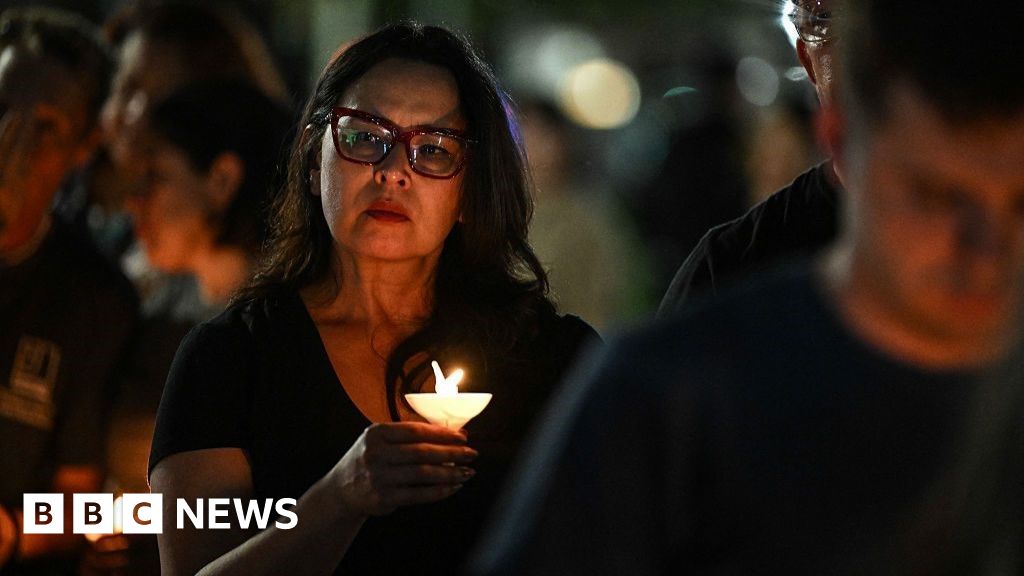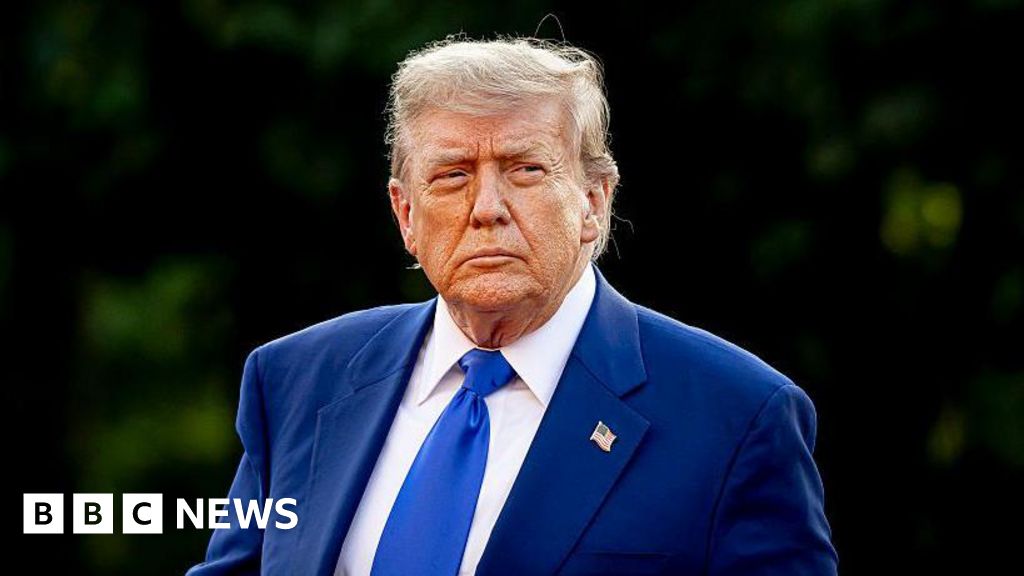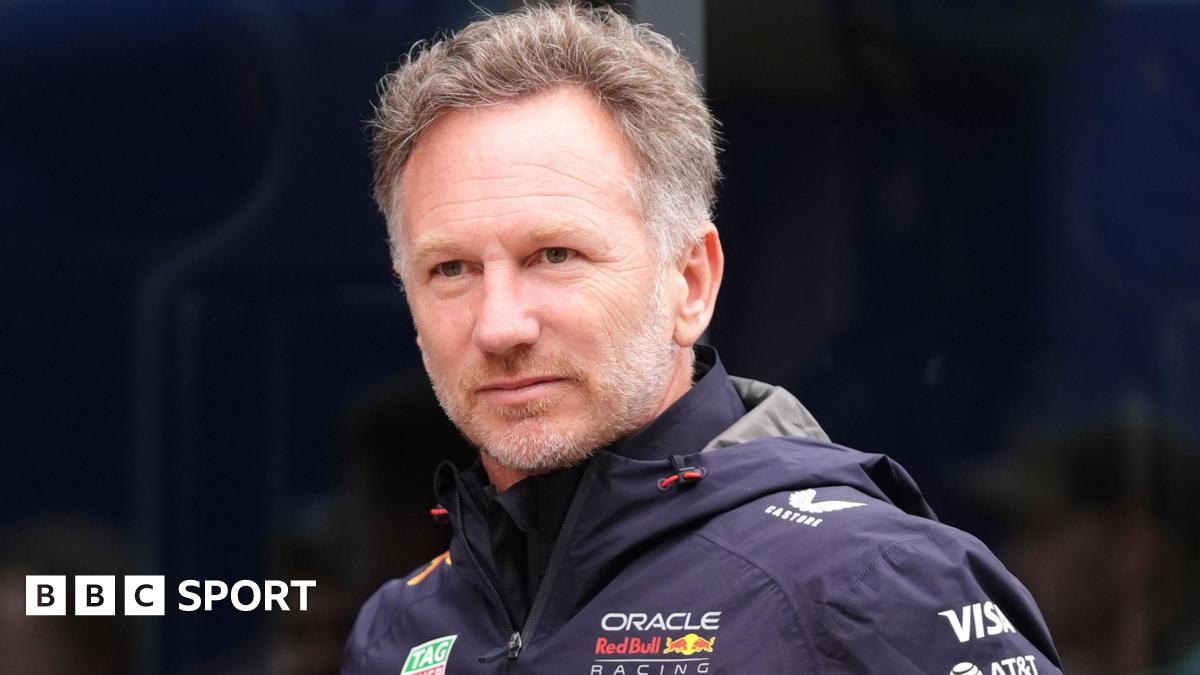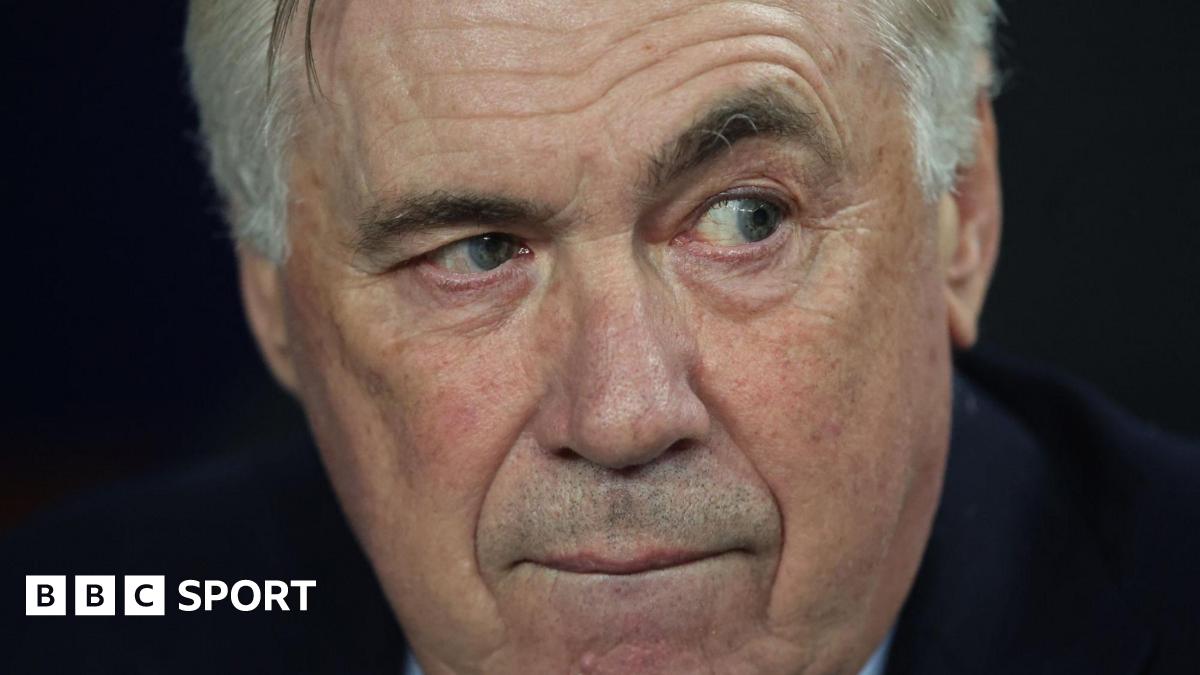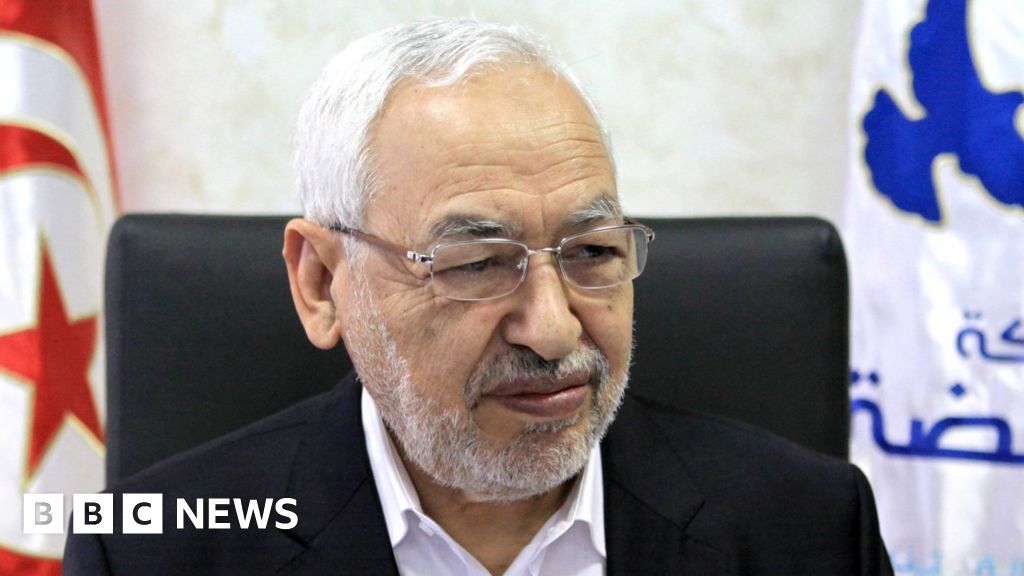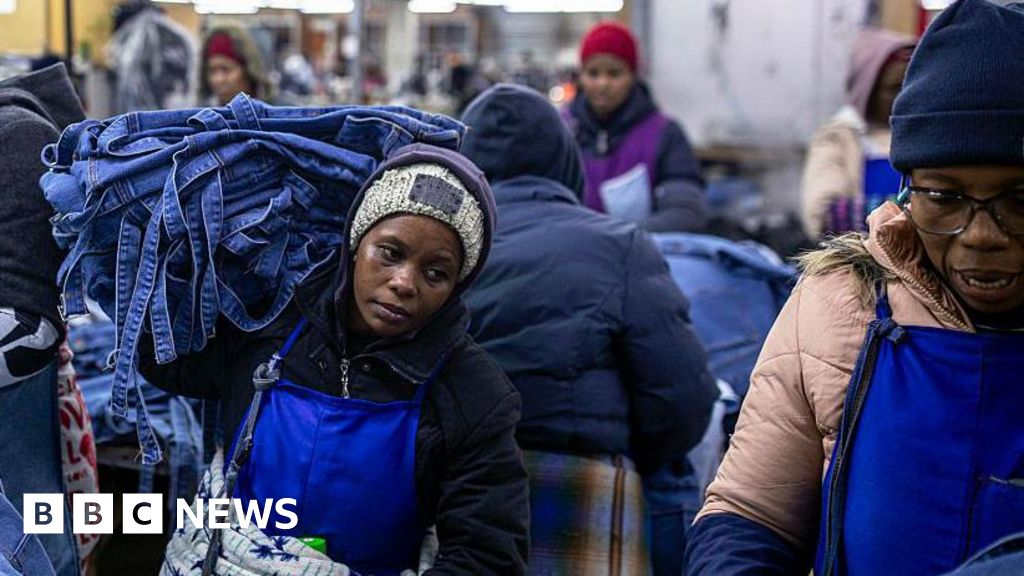US President Donald Trump is set to meet the leaders of five African states, an invitation the White House sees as an “incredible” commercial opportunity.
Trump’s choice of guests include the leaders of Gabon, Guinea-Bissau, Liberia, Mauritania and Senegal – none of whom represent the major economies of the continent.
The three-day summit is expected to concentrate on Trump’s “trade, not aid” policy and with all of them facing 10% tariffs on goods exported to the US, they may be hoping to do deals to negotiate this rate down.
Those up for grabs may include ones over critical minerals, with maritime security, migration and hosting deportees also likely to be on the table.
With the exception of Gabon, they lie along routes used by migrants, as well as drug traffickers from Latin America.
Some of the nations are also potentially vulnerable to the southward spread of the Islamist insurgencies that affect their neighbours further inland – so discussions on co-operation in tackling this threat are also likely.
Earlier this year Gen Michael Langley, who heads the US Africa Command (Africom), warned that one of the jihadists’ new objectives was gaining access to West Africa’s coast – and that that also raised “the chance of threats reaching US shores”.
Senegal’s former ambassador to Washington, Babacar Diagne, said the invitations to the African leaders reflected the recent “paradigm shift” in US policy towards the continent.
After taking office in January for his second term, Trump cut US aid to the continent, saying it was wasteful and incompatible with his “America First” policy.
With Trump and the Republican Party at the helm, there is also doubt about whether the US will renew later this year its African Growth and Opportunity Act (Agoa), which guarantees duty-free access for certain goods from Africa.
“It’s not like before with the Democrats. There were two strong points with them: poverty reduction and development issues, through Agoa and other initiatives. All that is over,” Mr Diagne told the BBC.
According to the former diplomat, the Trump administration’s position will mirror how it has dealt with Ukraine war-time leader Volodymyr Zelensky.
“Pure trade. It’s give and take, win and win. We saw it with Ukraine. You sign the agreement on minerals and you’ll have us on your side, otherwise, you forget everything,” Mr Diagne said.
Last month’s peace deal signed in Washington between Rwanda and the Democratic Republic is a case in point – trade diplomacy that will potentially see the US gain lucrative mineral access.
Indeed Nicaise Mouloumbi, head of a leading non-governmental organisation in oil-rich Gabon, said the Trump administration’s focus on Africa was down to increasing competition from rival powers – including China and Russia – for its prized resources.
“All these [invited] countries have important minerals: gold, oil, manganese, gas, wood and zircon – Senegal, Mauritania and Gabon, in particular,” he told the BBC.
Gabon holds around a quarter of the global known reserves of manganese – and it provides 22% of China’s of the mineral, which is used in the production of batteries and stainless steel.
Mr Mouloumbi added that the US might be most keen to strengthen ties with Gabon not only because it had “strategic” minerals like manganese and uranium, as well as oil, but also because it was strategically located along the Gulf of Guinea, with a coastline of about 800km (500 miles).
It could host a US military base that America plans to build in the region, Mr Mouloumbi said.
Mr Diagne made a similar point about piracy, saying that “maritime terrorism in the Gulf of Guinea has become an extremely important issue” for the US.
Many tankers carrying oil and gas travel through the Gulf of Guinea, which has been known as a piracy hot spot for several years.
For Mauritania and Senegal, migration will be central to discussions, according to Ousmane Sene, the head of the West African Research Centre (WARC),
“Let’s not forget that between 2023 and 2025, no fewer than 20,000 young Mauritanians left for the US via Nicaragua, along with hundreds of young Senegalese,” the analyst told the BBC.
“All these countries are also departure points for illegal emigration,” he added.
“That’s an extremely important point in his [Trump’s] migration policy, and every day people are turned back at the borders.”
Mauritania is the only one of the five countries that does not have diplomatic ties with US ally Israel – cutting them in 2009 over an offensive in Gaza – and sources have told Semafor that restoring them may be a sticking point for any would-be White House deal.
Visa overstay rates are another issue to be settled – especially for Gabon and Liberia, which both have higher ones than Burundi, which last month became subject to US travel restrictions with visa overstays cited as a key reason.
Liberia may also be considering a US proposal to accept people deported by the US, including criminals. The country, which has close historical links to America, was reportedly included on a proposed list of countries that the US had approached.
Guinea-Bissau, which has suffered a series of coups and attempted coups over the years, is reportedly keen for the US embassy to reopen in the capital, Bissau, following its closure after the army mutinied in 1998.
President Umaro Cissoko Embaló was clearly proud of the White House’s invite for Guinea-Bissau, which several years ago was labelled a “narco-state” by the US and UN as it was once a major transit hub for cocaine from Latin America to Europe and North America.
“Guinea-Bissau has now emerged from a state of disorder to become a real state. The Americans do not invite just any state to their country – only a well-structured state,” he was quoted as saying at the airport before he left for Washington.
He and his counterparts – Brice Clotaire Oligui Nguema of Gabon, Joseph Boakai of Liberia, Mohamed Ould Ghazouani of Mauritania and Bassirou Diomaye Faye of Senegal – will be hoping they hold some cards to do a deal with Trump.
They certainly do not want a replay of May’s infamous high-stakes meeting between South Africa President Cyril Ramaphosa and Trump in the Oval Office, which did little to ease relations.
In fact, it seems to have completely backfired as this week Africa’s biggest economy found out that from next month its exports to the US are being slapped with a 30% tariff.
Source link



